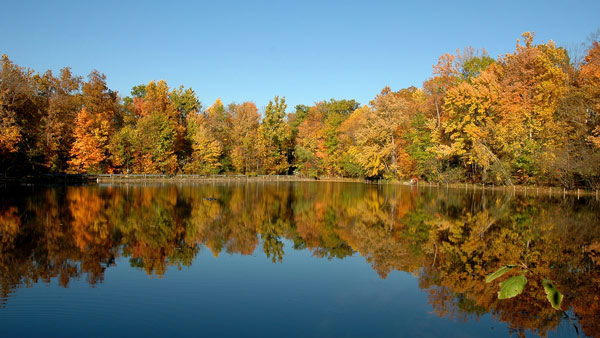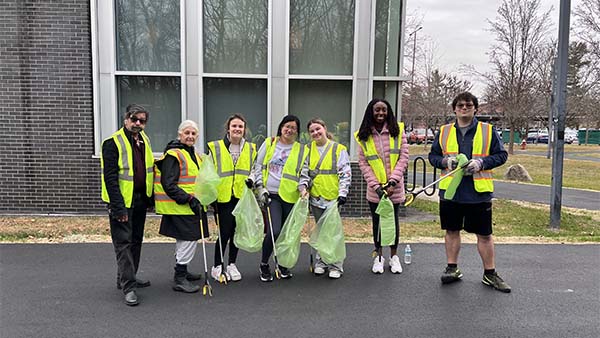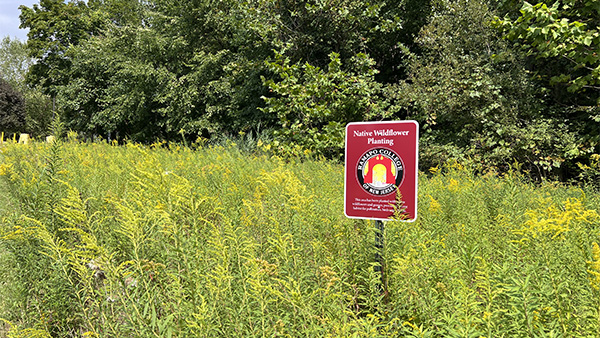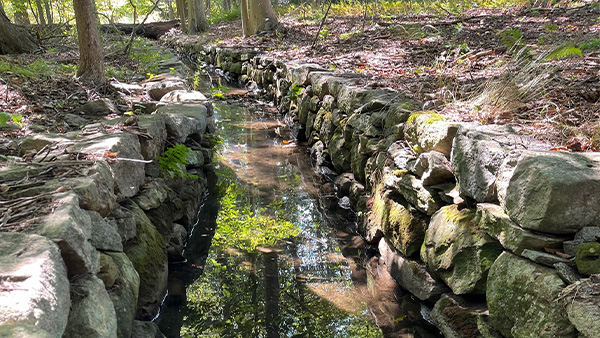- About Ramapo
- Academics
- Admissions & Aid
- Student Life
- Athletics
- Alumni
- Arts & Community
- Quick Links
- Apply
- Visit
- Give
Stormwater – Help Keep Our Waterways Clean
What is stormwater?
Human activity is largely responsible for stormwater pollution. Everything that we put on the ground or into the storm drain ends up in our water. Each of us has a responsibility to make sure these contaminants stay out of our water. Whether we have clean water is up to you.
The official definition of stormwater under the N.J.A.C. 7:14A rules is as follows:
‘Stormwater’ means water resulting from precipitation (including rain and snow) that runs off the land’s surface, is transmitted to the subsurface, or is captured by separate storm sewers or other sewage or drainage facilities, or is conveyed by snow removal equipment.
Campus Stormwater Links
Stormwater Pollution Documents ›
Review the College’s Stormwater Permit, Stormwater Prevention Plan, Outfall Pipe Maps and other stormwater-related documents.
Stormwater Events >
Join us for a campus cleanup or visit us to learn more about how stormwater and environmental sustainability on campus is managed.
Stormwater Policies ›
These are the policies Ramapo College has implemented to minimize stormwater pollution.
Dashboard of Accomplishments
The statistics below reflect how the campus Stormwater program has positively impacted our environment while educating our community. Our goal is to address nonpoint source pollution by empowering students, faculty and staff to make responsible and informed decisions regarding their watershed on campus and at home. Listed below are the measurable campus stormwater statistics since 2024.
- 93 miles of streets swept
- 34 cubic yards of material removed from streets
- 9 campus cleanup and educational events hosted
- 596 pounds of trash/recycling collected at campus clean ups
- 109 volunteer service hours for campus clean ups
- 240 people trained and educated
- 26,961 pounds of electronic waste diverted from landfills
Stormwater Coordinator Contacts
For more information and questions on the stormwater program please contact:
Gina Mayer-Costa
Director / Environmental Health & Safety
E-mail: gmayerco@ramapo.edu
Phone: (201) 684-7531
Office: EHS
Samuel Antoshak
Fire & Safety Specialist
E-mail: santosha@ramapo.edu
Phone: (201) 684-7917
Office: EHS
Copyright ©2025 Ramapo College Of New Jersey. Statements And Policies. Contact Webmaster.





Follow Ramapo